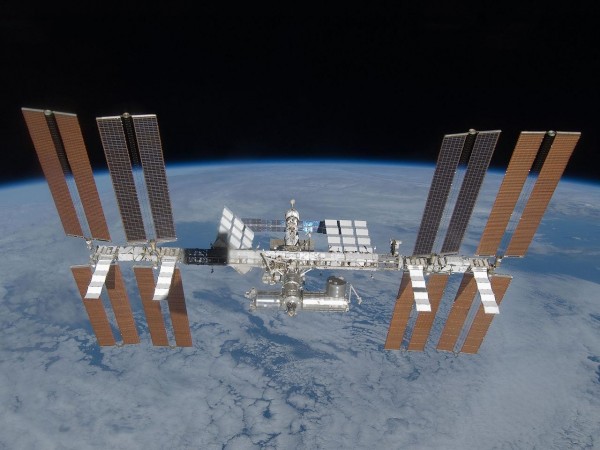People on Earth are cautious about the water they drink. But scientists are particularly vigilant aboard the International Space Station due to microgravity. A new study from Arizona State University discovered that the space station’s drinking water is packed with microbial life.
The study published in the Npj Biofilms and Microbiomes Nature Journal discovered that International Space Station’s water is full of bacterial colonies. The research scientists focused on biofilms consisting of numerous bacteria species discovered inside the ISS’s water system – a phenomenon that The Debrief states is poorly understood even on Earth.
This may allow future space missions’ crew members to improve water quality, but it does not change the fact that scientists harvested many microorganisms from the ISS’s water system for study purposes.
The current study investigates critical microbial function properties to expand how microbial life would behave in a microgravity environment of spaceflight. There are numerous claims about microgravity that it has the ability to alter bacterial characteristics that could risk long-haul space missions.
“Our study provides in-depth phenotypic analyses of single- and multi-species bacterial isolates recovered from the ISS water system over multiple years to understand long-term microbial interactions and adaptation to the microgravity environment,” lead author Jiseon Yang said in the press release. “The results from our study may improve microbial risk assessments of human-built environments in both space and on Earth.”
The space station does have a sophisticated water purification system that allows it to recycle water. NASA would have to send approximately 10,000 pounds of water per crew member each year, according to a press release on the study.
However, the approach is not ideal as NASA had lots of bacteria in the water system at ISS to scratch and analyze. The new study characterized different microbial populations from drinking water samples from the International Space Station sent back to Earth from 2008 to 2015.
The scientists looked at several characteristics, including the ability to make these strange biofilms and antibiotic resistance. The immune system, in particular, looks to be deteriorating as the astronauts travel through space and are exposed to bacteria.
More research is needed to discover what effects the bacterial colonies aboard the ISS may have on astronauts’ health. However, now experts have at least a better notion of what they need to find with this basic research on the features of bacteria.

